This is a custom HTML / JavaScript Element
In order To See Your Custom HTML/JavaScript Code in Action You Must Click On The Preview Page Button, Your Code is NOT going to be active in the edit mode
By: Miranda Wyatt
We shared joint custody of our two children after our divorce almost six years ago, when our children were aged 3 and 6. I have never argued with my husband over parenting values or philosophies during our nine year marriage. As far as I could tell, parenthood following divorce wouldn't change. In order to create a lovely best-case scenario after the divorce, I read lots of books and conducted research: Having each other co-host children's birthday parties, integrating one another's new partners into our extended family, attending school and sports giddy with pride as we watch our children's accomplishments, and establishing the same bedtimes, meal times, etc., so that as much harmony as possible would be achieved for both homes. I know of a number of co-parents who have had success with these wonderful and healthy ideas.
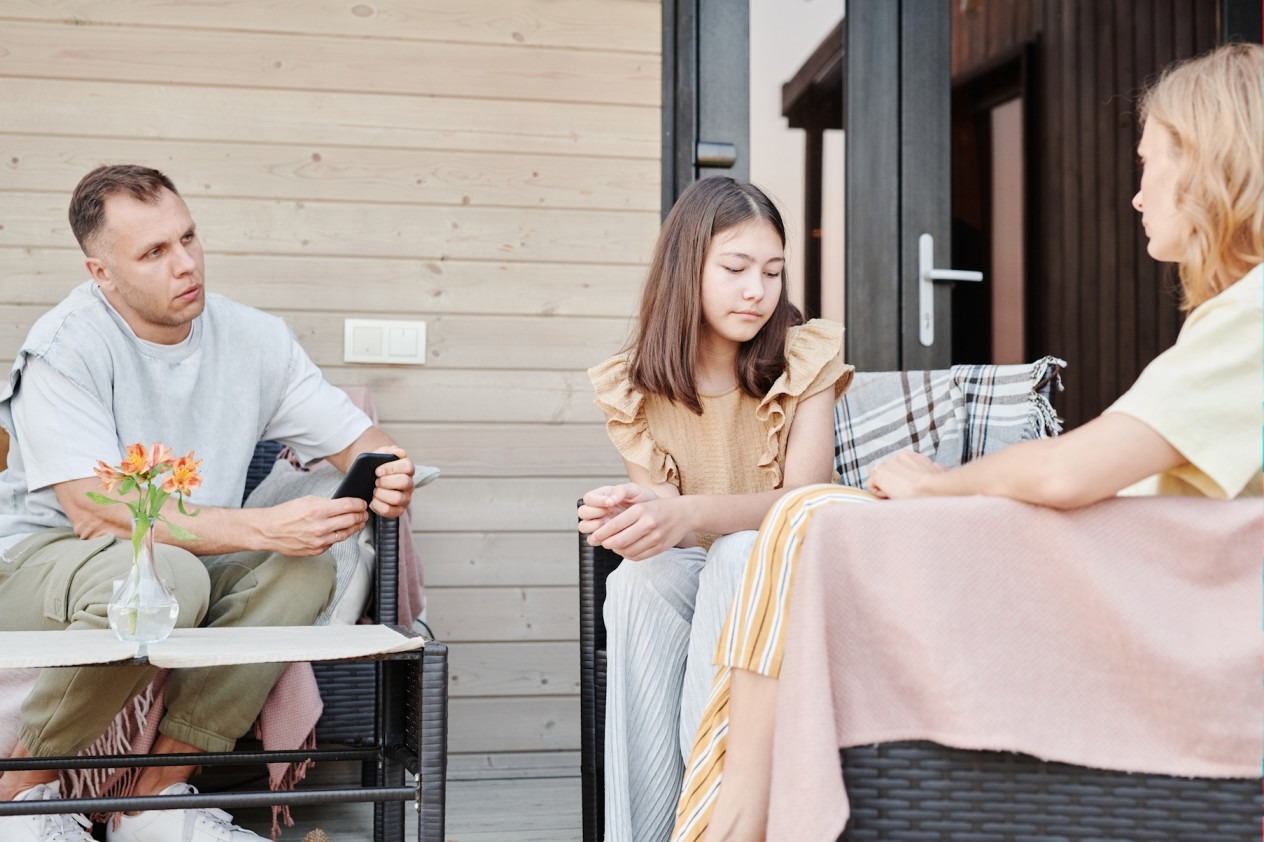
Nevertheless, I neglected to take one critical variable into account in my lovely scenario. This optimal arrangement seemed to make sense to me since I assumed the dad would want to participate in it. It turns out I was wrong. Upon the completion of our friendly divorce, he informed me that we would strictly discuss scheduling and sharing relevant information, such as dental checkup results. In terms of parenting, there could not be a philosophical 'meeting of the minds'. As for parenting, he would do so as he saw fit on his own terms, with no regard for my opinion or input. We were going to raise our kids in two separate homes with no overlap. I was horrified. In my mind, co-parenting was like having two homes for a big happy family. The reality is that I had to parallel parent two distinct worlds that didn't intersect except at exchange time in the parking lot.
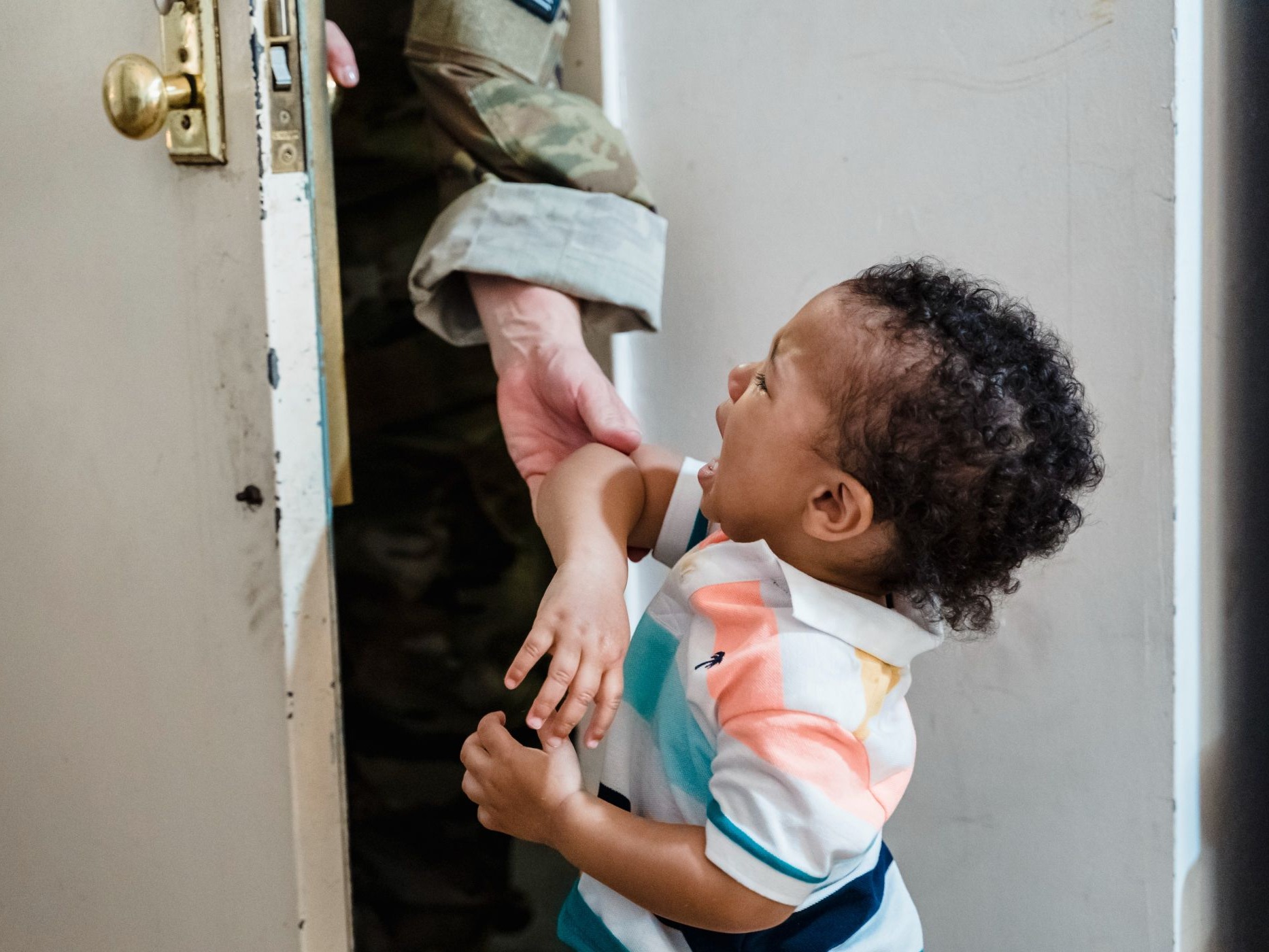
It's been almost six years since then. I could never have imagined how well my kids would adjust. With two added stepparents, as well as large second families, their world has expanded immeasurably. The values that those they love hold are wildly diverse, so adapting to their circumstances has stretched their minds and hearts. In addition to being flexible, open-minded, and self-sufficient, they think for themselves. Their ability to discern what works best for them from a variety of choices is evident when they understand the relativity of truth. I overheard my daughter say to a playmate about 4 years ago, "Well, that might be true for you, but it's not true for me." The lemons of life have turned into lemonade for these two. There are things you can do in only one home (yours) to improve the quality of life for your kids and for you in your less than ideal co-parenting situations.
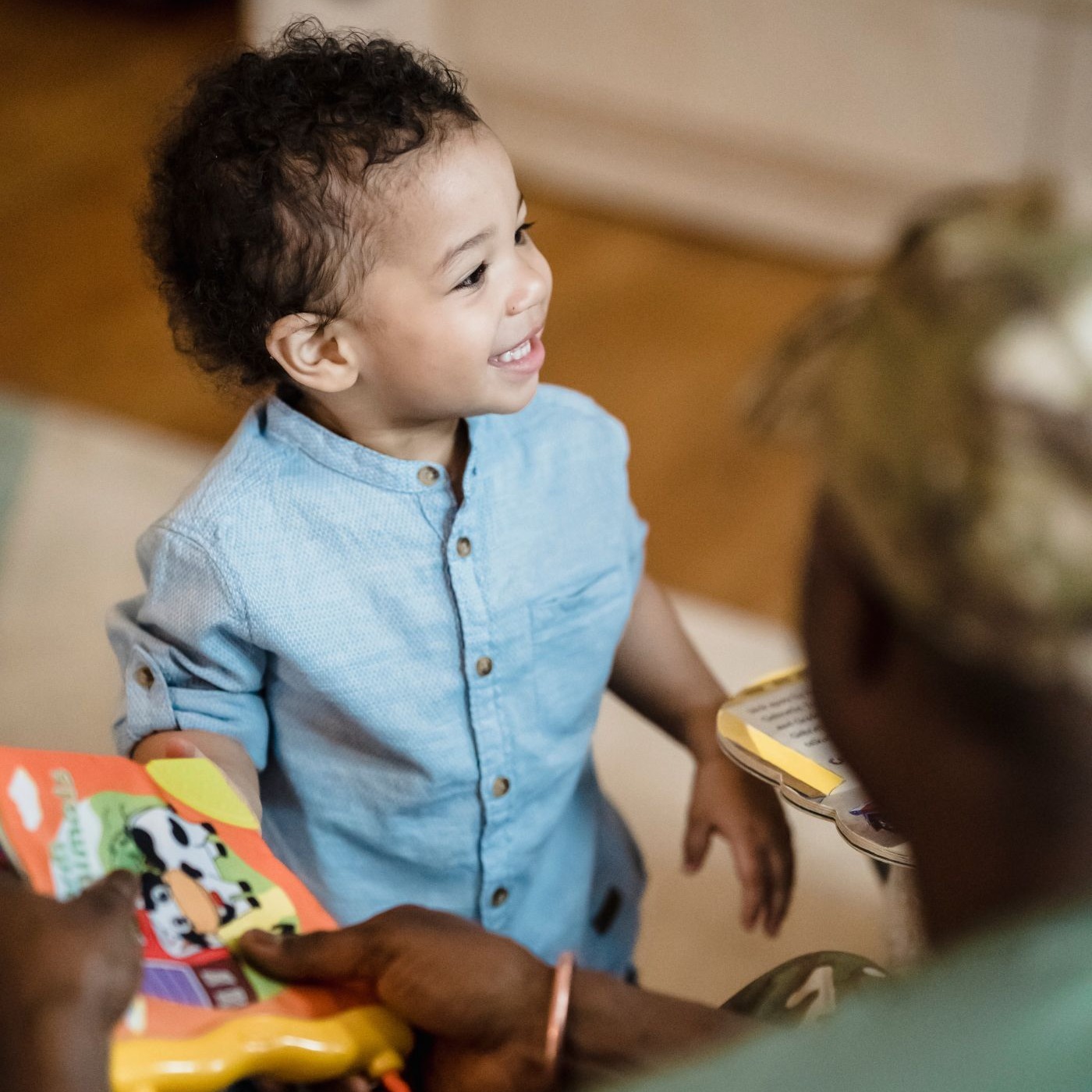
Here are some pearls of wisdom I've learned over the years:
Co-parenting Rule #1 - Shop, run errands, etc. when they're not with you.
You should sit down with them when they arrive at your house. During this time, they share their stories, complaints, news updates, school projects, etc. with me at the kitchen table. Occasionally, my daughter will play with my hair, or one of them will sit on my lap. Allow them to reconnect with you physically and emotionally by being still. Before you expect them to tackle chores or homework immediately, give them time to re-calibrate to your home's rhythm. It goes without saying that in order to truly be available for your children, you need to:
Co-Parenting Rule #2 - Make sure you take care of yourself.
Exercise regularly. Talk to a trusted friend or therapist who will listen without judgement to what you are feeling.
Keep a journal. Take the time to deal with your anger and pain. Take care of your diet. For the sake of the kids, don't sacrifice your health or sanity. Help your child only after you have secured your own lifeline, just like the oxygen mask on an airplane. When your basic needs aren't met, you don't have much to offer.
Co-Parenting Rule #3 - Keep your judgements to yourself.
You can do it, even if it seems impossible. In your children's DNA, your ex is imprinted forever. Your child will feel insulted if you speak disrespectfully of his or her other parent. It might be easy for us to see the distinction and separation, but it may not be so easy for our children. If you wish to vent your judgments, wait until you are with your supportive listener from co-parenting rule number 2. Adapting to multiple ways of doing things is key.
As far as what happens at their other house is concerned, I have a 'no comment' policy. It's not a question I ask them. "Why it's that way, or why their father told them or did whatever he did." My response is neutral, acknowledging what they have said, and reflecting back to them any feelings they may be experiencing. In order to allow the kids to stay in their own experience and move forward, I will say something like, 'Hmmm, sounds like you may be disappointed about that experience.' This will allow them to stay in their own process and move on without feeling they must defend the other parent. Make sure that you prepare ahead of time in case your kids become curious about your divorce when they reach an age where they can understand it. You'll need a nonjudgmental, neutral response. My favorite one I read during one of those research sessions: Get out some pots and lids of different sizes. Demonstrate to the kids that not all pots and lids fit together even when they're in perfect condition.
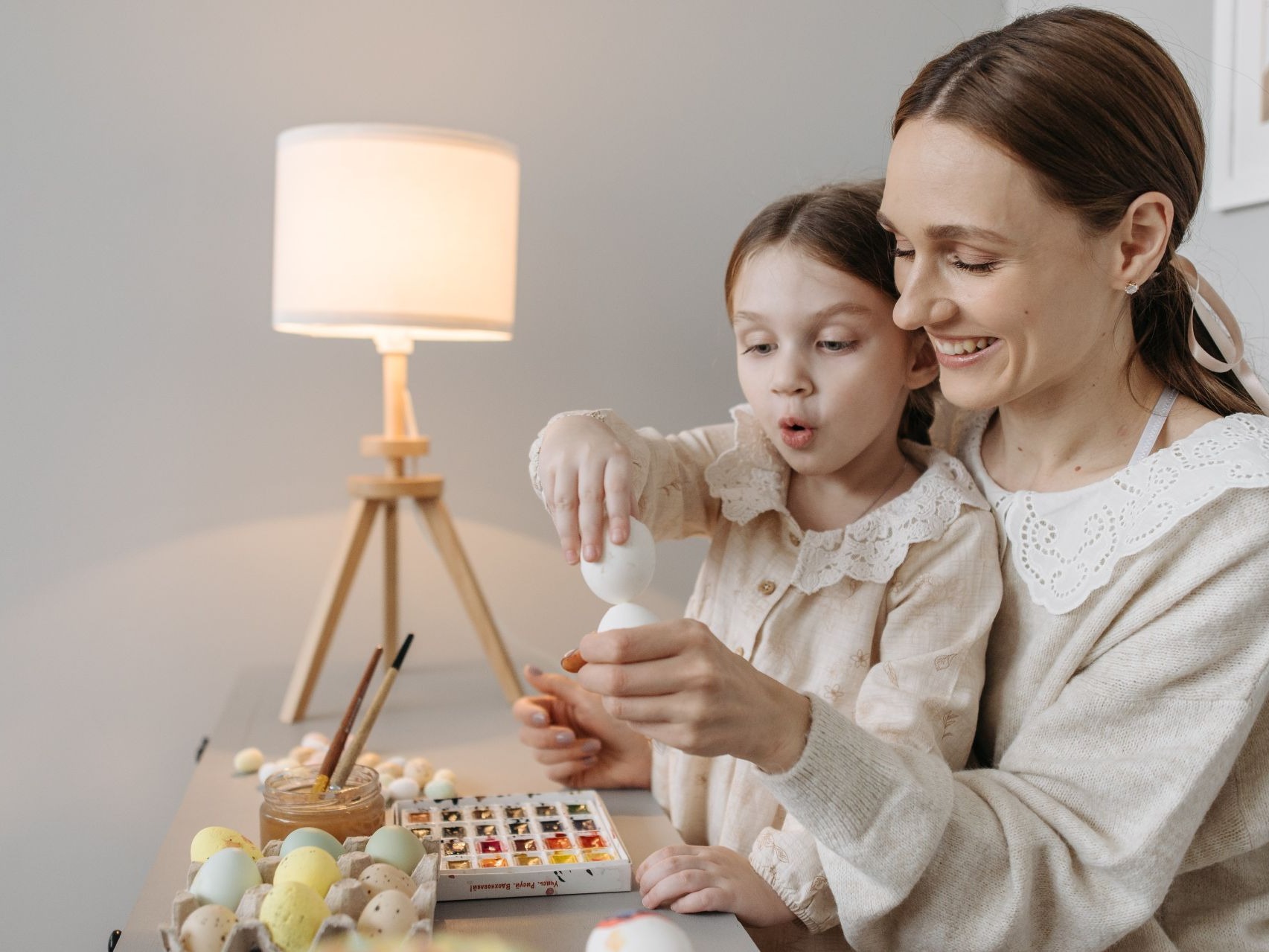
Daddy and Mommy simply didn't fit together any longer.
Co-Parenting Rule #4 - Your child's feelings are their own.
You just need to listen. In an incident that occurred at his dad's, my son came home extremely angry one day. Keeping my "no comment" policy, I did not make his feelings right or wrong, but simply reflected them back to him. It wasn't long before the storm had passed. With a deep sigh and a thank-you, he went out to play basketball. Nothing had changed in the situation, no resolution had been reached, no problem had been solved. The freedom to vent his frustration, as well as feeling acceptance and love, were all he needed.

Making excuses for his father, blaming his father, or telling him not to feel that way would have prevented the clearing of his emotional energy. You just need to listen.
Co-Parenting Rule #5 - Give your child the tools to solve problems.
The ideal world of healthy co-parenting allows you to have a family meeting with everyone present to work out any issues. Those of us who live in parallel parenting's acceptable, but not ideal, world are out of luck. As an alternative, I have taught my kids effective communication and problem-solving skills, and we practice them at home. If they have a problem with their other family, I do not intervene. After considering their feelings, I suggest they talk directly to their father. In most cases, they don't. The way my children behave toward their father is extremely difficult for me to watch, but I've taught them to accept full responsibility for their actions and choices. In my role, I need to ensure that my lines of communication stay open and clear.
Co-Parenting Rule #6 - Doubles are good.
Taking care of boots, coats, or dress clothes was far too stressful being at the wrong house at the wrong time. It took me so long to figure this one out.
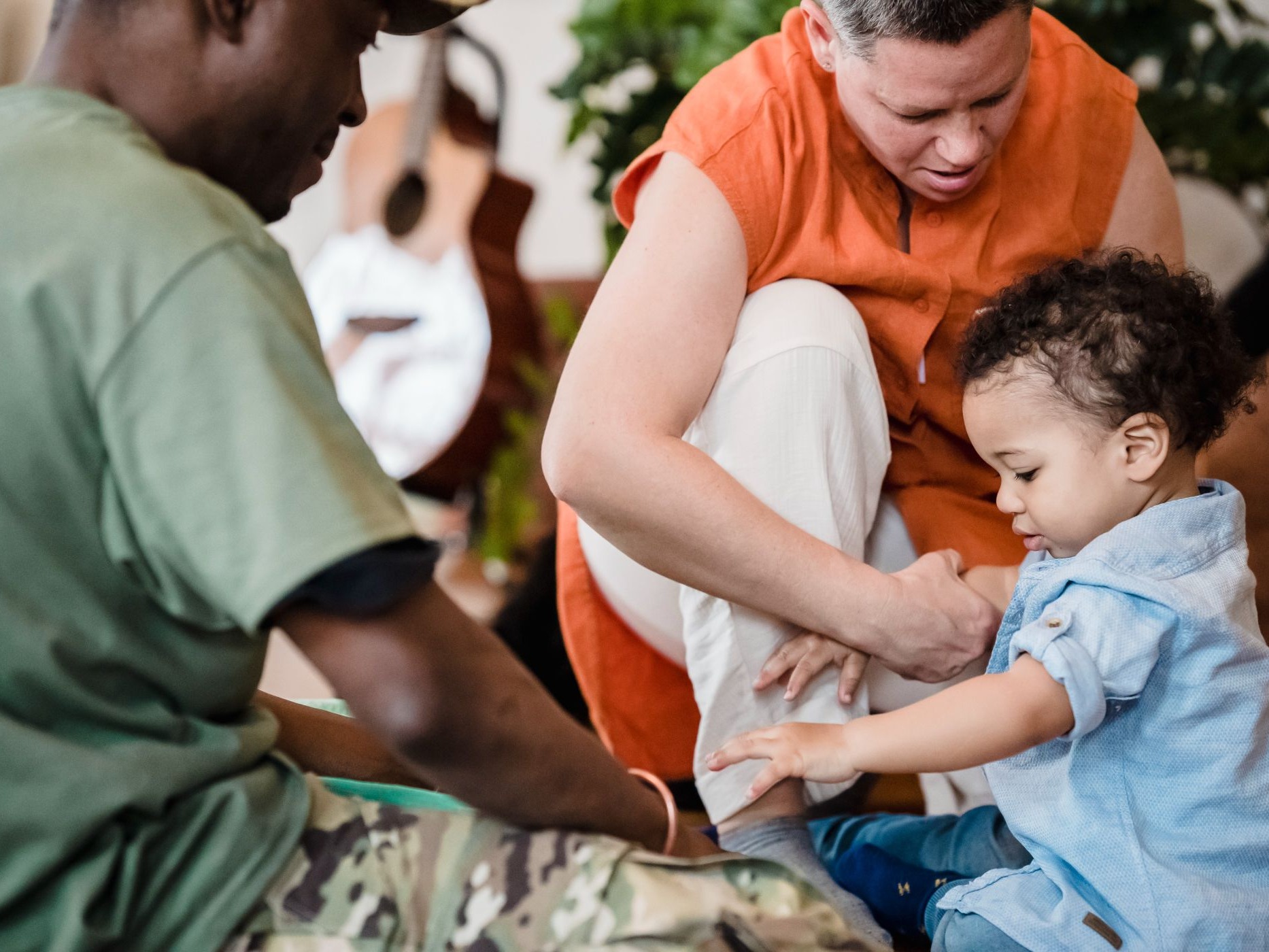
In the end, I ventured to Saver's and Goodwill and spent only a few dollars on extra clothing. On exchange days, the kids now have an option. Wear cheap clothes and don't worry about returning them. In contrast, they can wear their good clothes, and the prospect of wearing Goodwill clothes again makes them more likely to remember to bring them back. The problem has been solved!

Co-Parenting Rule #7 - Your kids shouldn't be used as messengers or expected to speak for you or the other parent.
Don't think that you can fool them either. No matter how subtle you think you are, the kids know you are asking for information about the other parent. It's terrible, and they hate it. The situation at the other home isn't your concern unless you suspect abuse or neglect. It is helpful to listen to the children when they want to share something with you, but do not pry.
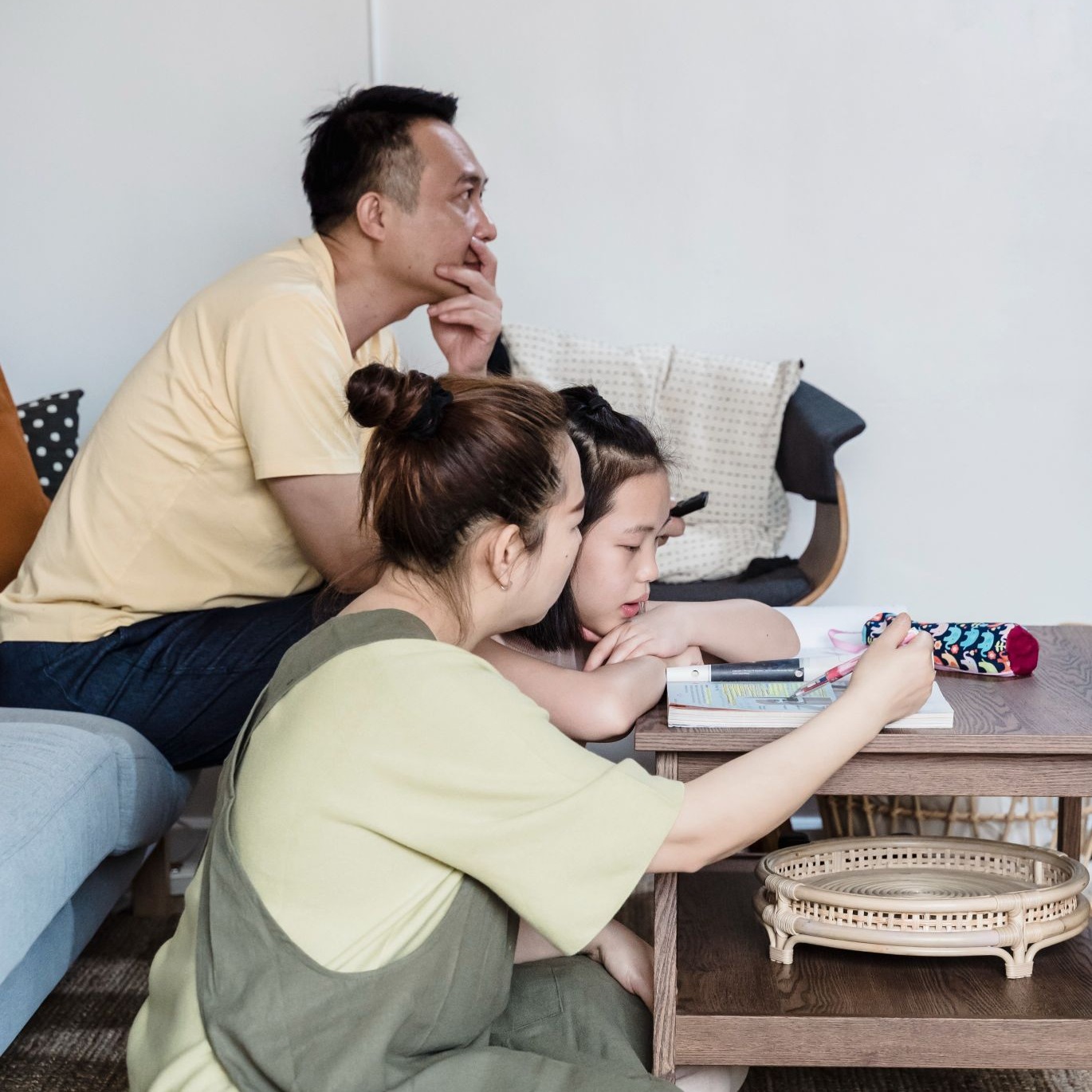
When Dad took the kids to Taco Bell for breakfast and lunch, don't wonder out loud what he was thinking. Make sure you don't ask if Mom's boyfriend attended the Monster Truck Bash last weekend. To find out, speak with your ex and keep your child out of it. It is irritating for kids to be asked to spy for you. It might feel like a betrayal for them to give these answers, or that they will be punished for something that is beyond their control. You shouldn't tell your children to keep secrets from their other parent, since that puts them in a terrible position. (If you don't want your other parent to know about something, simply don't tell your children about it.) Establish a direct line of communication between the parents. Our messages are sent by email, and once upon a time we used voice mail's back door option to exchange messages.
A communication notebook or folder is sent back and forth in some kids' backpacks. Yesterday night my daughter's dad asked her if she could go to sports practice on my day. I could see relief on her face when I replied, "Don't worry. I'm going to speak with your father and we'll figure it out." In addition:
Co-Parenting Rule #8 - It is not your responsibility to represent parent number 2.
My children sometimes ask me what is Daddy's reason for not letting them spend their allowance as they like, or why he thinks the way he does. At first, it was harder for me not to speak on behalf of my former partner. Since I knew him well, I knew why he did things. Nowadays, due to the fact that I am clueless about what he is thinking, I can simply refer them to him for more information.

In order to foster a healthy relationship with your children, it's critical to give the other parent the opportunity to speak for themselves. This will enable them to be responsible for their children. Stay out of the way. The other parent should not be defended or protected from the consequences of his or her actions. Instead of covering for them, let them explain to your child why they were late. Having your child face the truth about who their parent is sooner will make it easier for them to forgive them. Additionally, they can adjust as necessary.
Co-Parenting Rule #9 - Let your children love both of you unconditionally.
The same holds true for any new partners. If your child loves your ex or stepparent, please do whatever you need to do to protect your emotions. There may be no tidbit more significant than this. Share how the flame of a candle can illuminate other candles without losing its own intensity.
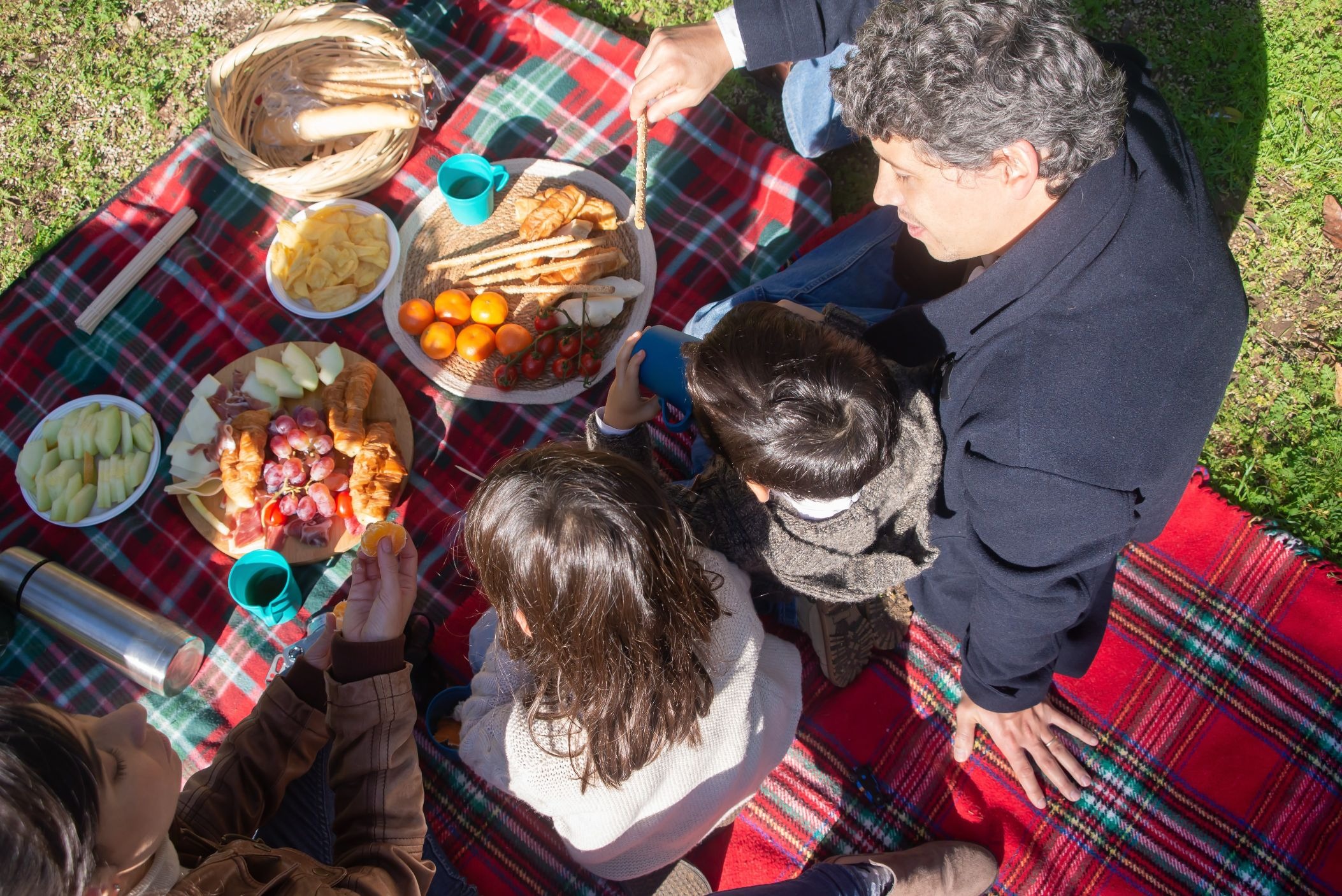
Love is infinite - sharing it cannot diminish it. Make sure your child knows that it is okay to love both mommy and daddy, despite the feelings they may have toward each other. She needs to know that you believe in her abilities and that she is full of love.
Co-Parenting Rule #10 - Store the memories of a happy family.
When your child hears that her parents were so happy when she was born, it will be a joy for her. When co-parents interact peacefully and productively, sometimes even warmly, children can benefit. They rarely see both of us together at the same time, and even fewer times do they witness an actual interaction between us. The divorce took place when my daughter was just three years old, so she has no memory of her dad and I being happy together.

I hung pictures of good times incorporating family forests (that's even more than trees - this concept came from a book in my studies), and hung them in her room in a collage frame. The picture her dad and I took while holding her as a baby is her favorite picture. She beams. My stories about how we loved her during her birth and afterwards, are told to her when she asks. Additionally, I describe how we would take walks around the neighborhood together. It filled in the blank spaces in her memory with the tiniest, everyday stories.
There you have it, a good place to start.
I just want to add one more thing: On the really tough days, when you are tired, frazzled, or overburdened, please forgive yourself.
Keep your head up... you're doing your best.
 Add Row
Add Row  Add
Add 




Write A Comment